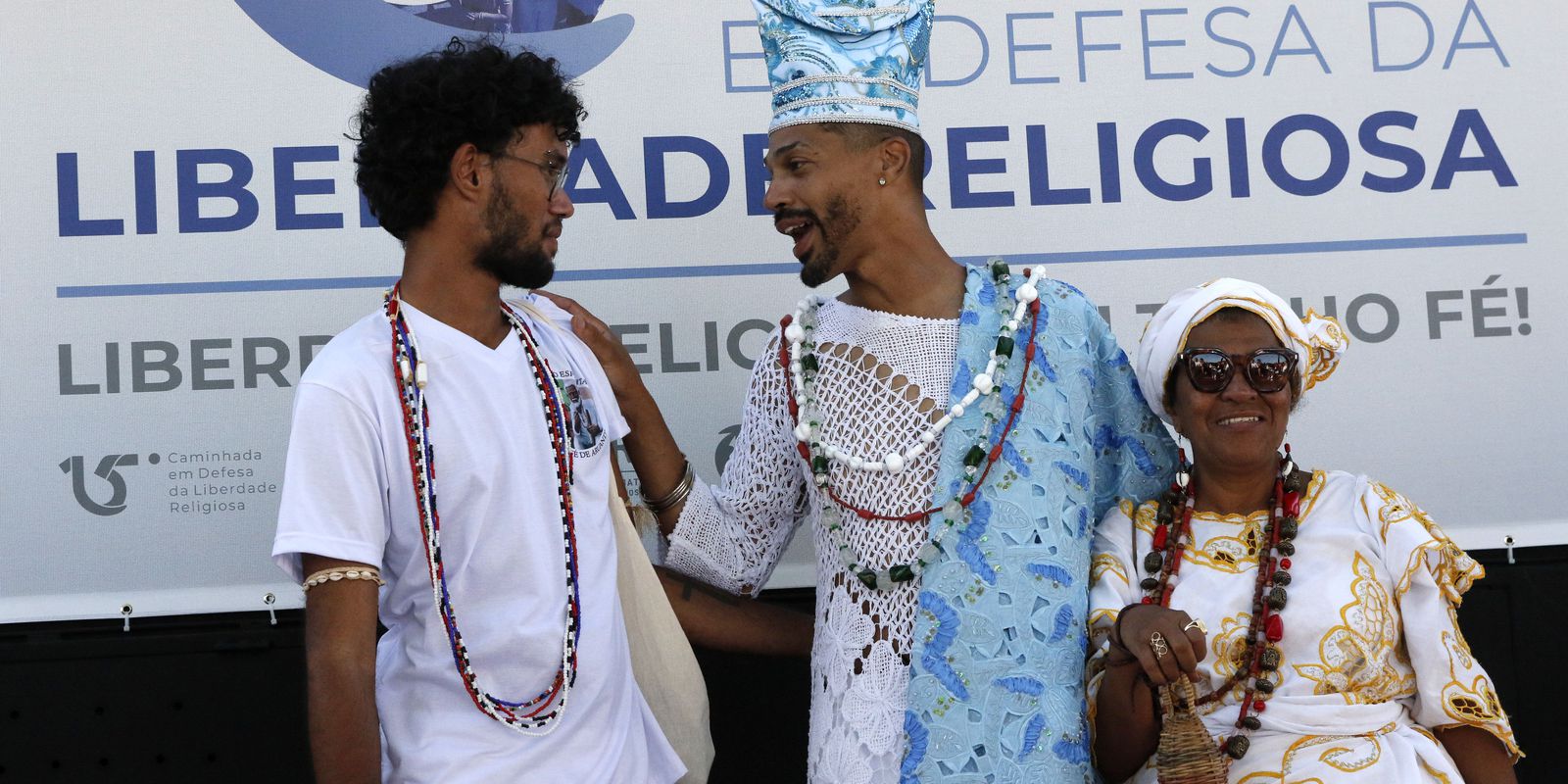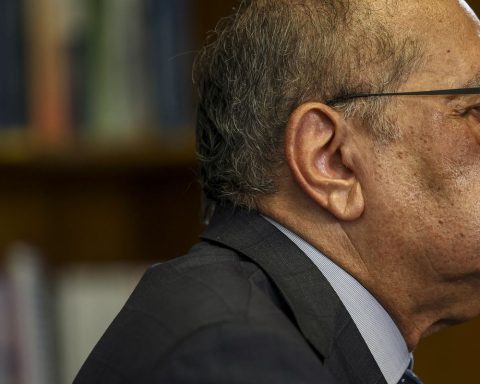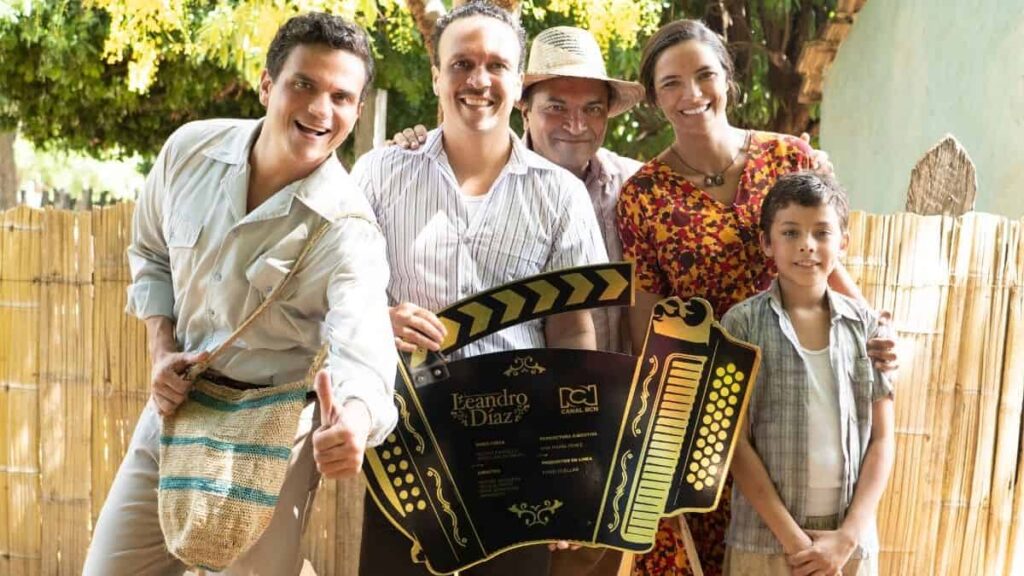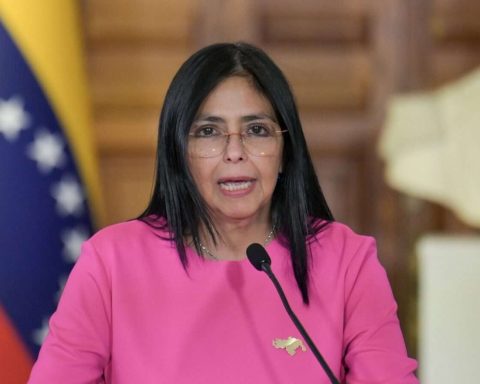“Religious freedom. I have faith” was the motto of the 15th edition of the Walk in Defense of Religious Freedom, which took place today (18) in Copacabana, in the South Zone of Rio of January. The act brought together representatives of different religions, with a common objective of combating religious prejudice and defending diversity and the right to profess different faiths, as provided for in the Brazilian Constitution.
“The walk is talking about democracy, freedom, diversity and the secular State, which is what it has been doing since the beginning”, said professor Babalawo Ivanir dos Santos, organizer of the event. “[O objetivo é] show society that diversity is very important”, he adds.
The program started in the morning, with breakfast at the Clube Israelita Brasileiro Bene Herzl, in Copacabana, and continued throughout the day, with a walk along the waterfront. The act had the participation of several cultural groups, such as Banda Omi Okun, Marquinhos Oswaldo Cruz, Grupo Awurê and Regional Biguá. According to the organization, during the day, about 50,000 people participated in the walk.
Data from the Observatory of Religious Liberties (OLR) show that only in the state of Rio of January there were at least 47 cases of religious intolerance in 2021. This year, from January to June, there were 38 cases. Among them, attacks on terreiros of religions of African origin, physical aggression and virtual threats.
The person in charge of the Sanctuary of Zé Pelintra, in Lapa, downtown Rio, Diego Gomes, is one of the victims of these attacks. Between 2018 and 2022, the sanctuary suffered 22 attacks. According to Gomes, five occurrence records were made. “We continue our fight. Sometimes, Zé Pelintra’s image is depredated and we go and replace it. We had a lot of cases and today we have been asking, with the Walk in Defense of Religious Freedom, for more action by the police, governments, with all the structures, and the Public Ministry to bring a result to the population”, says Gomes.
For the professor and researcher at the Laboratory of Religious Teaching and Comparative History and Nucleus of Ancestral Knowledge at the Federal University of Rio of January (UFRJ) Helena Theodoro, present on the walk, the way to fight intolerance in Brazil goes through education, love and respect. “Dealing with differences is to grow as a human being, understanding that people are different, territories are different, languages are different. All are necessary. Not everyone needs to speak the same languages, eat the same foods or wear the same clothes. [É preciso] understand that diversity is the basis of human life”, he says.
The Walk in Defense of Religious Freedom emerged in 2008, in reaction to episodes of religious intolerance that took place in Morro do Dendê, on Ilha do Governador. At the time, adherents of African-based religions were expelled from the community by drug dealer Fernandinho Guarabu, who, at the time, commanded the local drug trade and prevented them from wearing their religious robes and beads.
Defenders of diversities and members of social groups began to unite and meet annually in favor of tolerance, equity and plurality. In addition to the Walks, the religious created the Commission to Combat Religious Intolerance (CCIR), which became an instrument for welcoming and denouncing crimes of religious intolerance.

















